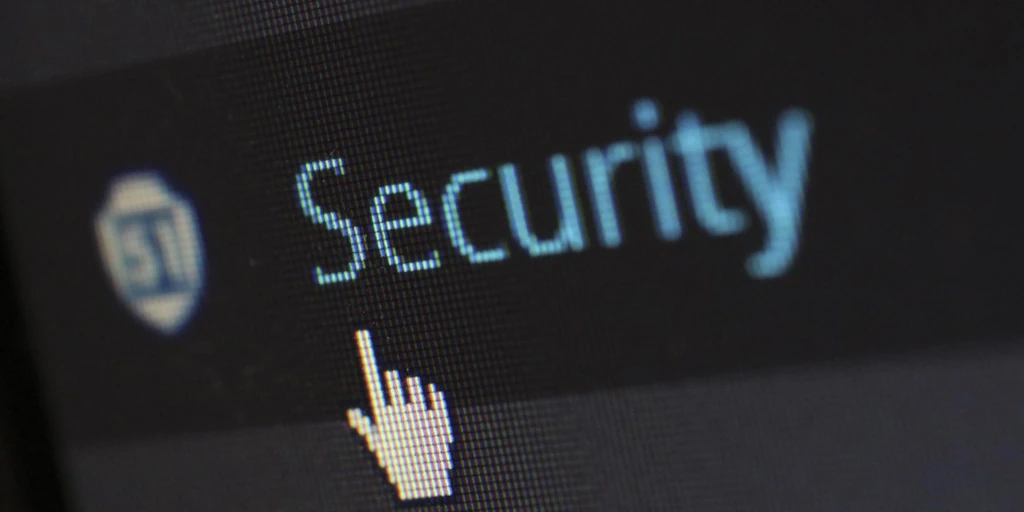Photo courtesy of Pixabay
Two-factor authentication (2FA) is a security process that requires users to provide two different authentication factors to verify their identity before gaining access to a system, application, or online account. These factors typically fall into three categories:
- Knowledge Factor: Something the user knows, such as a password, PIN, or security question.
- Possession Factor: Something the user has, like a mobile device, smart card, or hardware token.
- Inherence Factor: Something inherent to the user, often biometric data like fingerprints, facial recognition, or retinal scans.
To understand how 2FA has helped with security, let’s explore its benefits:
- Enhanced Security: 2FA adds an extra layer of security beyond just using a password. Even if an attacker manages to obtain or guess a user’s password (the knowledge factor), they would still need access to the second factor (e.g., the user’s mobile device) to gain entry. This makes it significantly more difficult for unauthorized individuals to access an account.
- Mitigation of Password-related Risks: Passwords alone are vulnerable to various threats like brute-force attacks, credential stuffing, and phishing. 2FA reduces the impact of these attacks because the second factor is typically not easily guessable or obtainable by attackers.
- Protection Against Phishing: Phishing attacks often trick users into revealing their passwords on fake websites. With 2FA, even if a user falls for a phishing scam and enters their password, the attacker won’t have the second factor, which is usually required immediately to log in.
- Device Independence: Many 2FA methods are tied to specific devices or tokens. This means that even if an attacker knows your password, they would still need physical access to your device or token to complete the authentication process.
- Reduced Impact of Data Breaches: In cases where databases of usernames and passwords are breached, 2FA can prevent unauthorized access because the attacker would still need the second factor to log in. This limits the potential damage caused by such breaches.
- Secure Remote Access: For remote access to systems and networks, 2FA is highly effective in ensuring that only authorized users can log in. This is particularly important for businesses with remote employees or users accessing critical resources over the internet.
- Compliance: Many regulatory frameworks and industry standards require organizations to implement strong authentication measures. 2FA helps businesses comply with these requirements, thereby reducing legal and financial risks.
- User Behavior: Implementing 2FA encourages users to be more security-aware and adopt better password hygiene practices. It raises awareness about the importance of safeguarding login credentials.
Two-factor authentication has significantly improved security by adding an extra layer of protection that makes it harder for attackers to gain unauthorized access to accounts and systems. It addresses many of the weaknesses associated with passwords and helps mitigate various security threats, making it an essential component of modern security practices. Ask us how we can help you protect your digital assets with 2FA .

Recent Comments